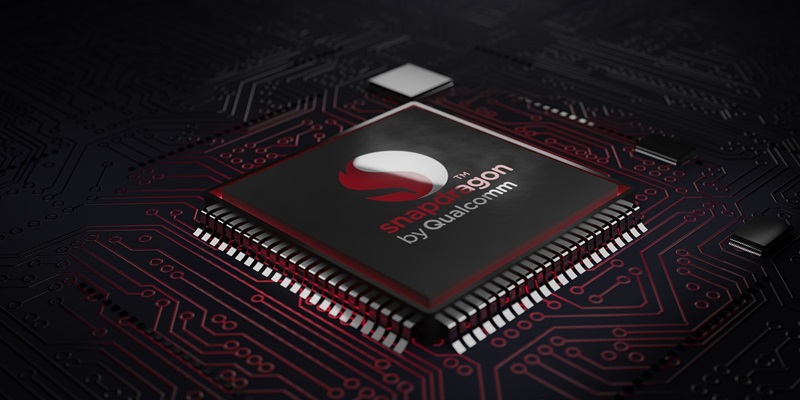Nubia’s upcoming Z-series flagship smartphone is setting the stage for an impressive leap in performance, surpassing its predecessor, the Z60 Ultra, by utilizing an overclocked version of the Snapdragon 8 Gen 3 chipset. This advanced variant of the System-on-Chip (SoC), colloquially called the “leading version,” is the same enhanced chip found in the Samsung Galaxy S24 series. As the smartphone industry gears up for the introduction of the Snapdragon 8 Gen 4, the strategic use of overclocked versions of existing chipsets signals a broader trend of optimizing current technology to deliver superior performance.
Nubia Z60S Ultra: A Glimpse into Advanced Features
Nubia’s new Z-series smartphone, reportedly named the Nubia Z60S Ultra, is poised to integrate a high-performance “flagship” camera setup and a 1.5K resolution screen featuring an under-display camera, akin to the current Nubia Z60 Ultra. This deliberate focus on cutting-edge display and camera technologies underscores the industry’s move toward embedding high-end features as standard in premium devices. The combined power of these advanced components aims to attract the attention of tech aficionados who demand superior visual and photographic experiences from their mobile devices.
The inclusion of a 1.5K screen with an under-display camera not only enhances the aesthetic appeal of the device but also signals Nubia’s commitment to pushing the envelope in smartphone innovation. This technology allows for a seamless, uninterrupted display while maintaining the integrity of the front-facing camera. Such advancements reflect the company’s ambition to keep pace with, and perhaps even outshine, competitors in a fiercely contested market. Beyond the visual and photographic enhancements, these features collectively promise an enriched user experience, appealing particularly to those who prioritize cutting-edge technology in their daily gadgets.
Limited Edition Variants and Industry Trends
In addition to the standard high-performance model, Nubia is expected to introduce a limited edition variant of the Z60S Ultra, possibly echoing the aesthetic allure of the Starry Night edition of the Z60 Ultra. This strategic move caters to a segment of consumers looking for exclusivity and uniqueness in their smartphone choices. By offering limited edition variants, Nubia not only diversifies its product lineup but also creates a sense of urgency and desirability among potential buyers.
Parallel to the Z60S Ultra, another Nubia device, the RedMagic 9S Pro, is set to feature the same overclocked Snapdragon 8 Gen 3 chipset. With the CPU clocked at 3.4 GHz and the GPU at 1 GHz—slightly higher than the standard 3.3 GHz and 900 MHz—these incremental enhancements illustrate a broader industry trend. Manufacturers, including Nubia, Xiaomi, and Samsung, are increasingly focusing on small but impactful performance boosts to justify new product launches. This strategy not only keeps existing customers engaged but also attracts new, performance-oriented users who seek the latest advancements without waiting for the next major chipset release.
Optimizing Existing Chipsets
The overarching trend in the smartphone industry, as exemplified by Nubia and other leading manufacturers, is a concerted effort to maximize the capabilities of existing chipsets while simultaneously prepping for the next generation. This approach involves emphasizing slightly higher clock speeds and producing specialized variants to capture the interest of performance-focused consumers. By pushing the current technological boundaries, companies can offer products that meet the ever-evolving expectations of tech-savvy users who demand top-tier performance from their devices.
This focus on optimizing existing chipsets speaks to a larger industry philosophy of incremental enhancements rather than radical overhauls. By refining and improving upon established technologies, manufacturers can provide substantial performance gains without the need for entirely new architectures. This method not only ensures a consistent flow of new and improved products but also allows companies to better manage research and development costs. Ultimately, this trend results in a market where consumers can enjoy progressively better devices, each iteration offering slight but meaningful improvements over the last.

